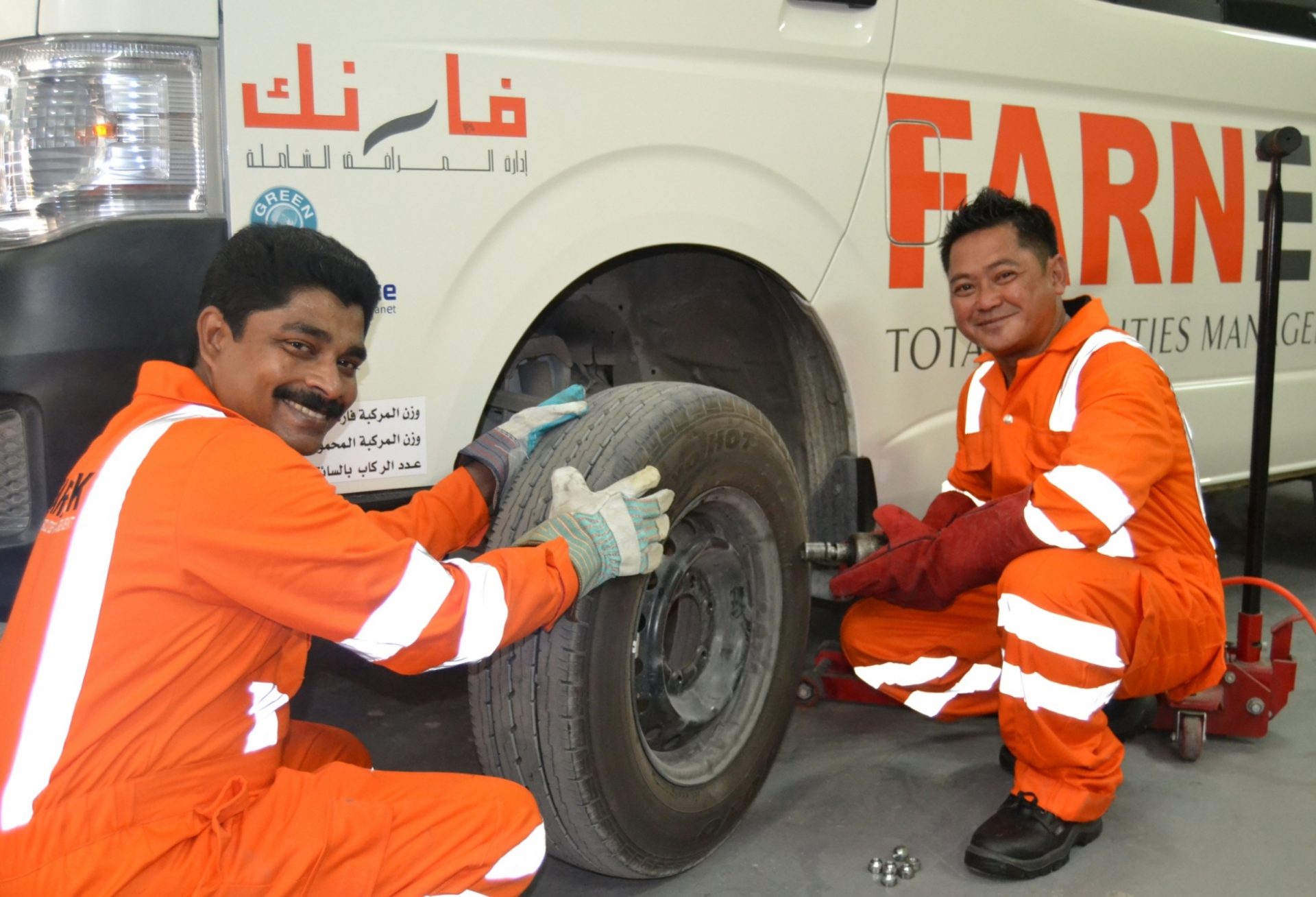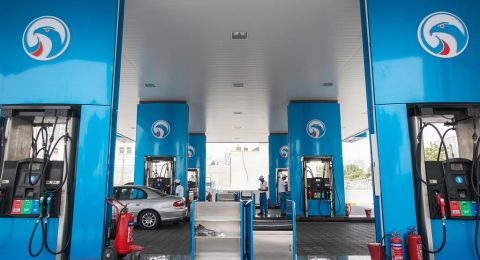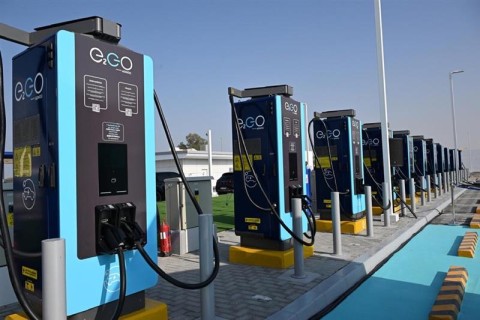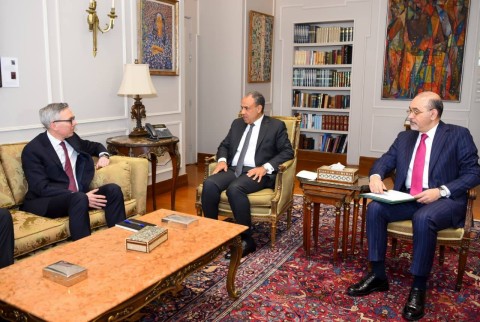UAE-based Farnek, a top facilities management (FM) company, has installed its first biogas plant in rural Nepal under its 2015 social engagement and corporate social responsibility strategy.
Working with its long-term sustainability partner, myclimate, the Switzerland-based non profit climate protection foundation, the biogas initiative idea was first mooted in September 2014 with Farnek looking at ways to support the families of its multicultural workforce – many of whom come from developing nations.
“Over 19 per cent of our employees are Nepalese, and with these isolated rural communities in the country facing ongoing challenges in terms of access to clean, affordable energy, this was a great opportunity for us to contribute towards improving living standards for the families of our team members and advance the sustainability agenda in Nepal at a vital community level,” said Markus Oberlin, CEO, Farnek.
Biogas plants provide a mainstream renewable energy solution allowing people to produce methane by fermenting animal waste. The construction of the plant is very simple. A pit is dug close to the house, within which an enclosed dome-shaped digester is built underground out of clay and bricks, which is then covered by soil.
There is an inlet for cow dung and other organic waste and liquids, which decay producing methane. An outlet pipe then carries the methane gas direct to the kitchen for cooking and lighting. Even the slurry of the remaining manure serves as a high quality fertilizer replacing chemicals and it can also be sold on to other farmers.
The dung from two or three cows each day produces enough methane gas for five hours of cooking or lighting. Each biogas plant saves the equivalent of five tonnes of carbon dioxide emissions per year for up to 20 years, thus contributing to reducing the impact of fossil fuel usage.
Sandrine Le Biavant, director Consultancy, who heads-up all of Farnek’s sustainability programmes said: “We currently have the pilot projects in place and are keen to widen the initiative to other areas of Nepal, as well as potentially to other countries with similar needs, such as India.”
“It’s also a great educational tool as it demonstrates sustainability in action and creates awareness amongst all our employees, about carbon offsetting and the value-add of implementing renewable energies for the future,” she added.
Le Biavant explained that Farnek is also using the initiative as a tangible example of successful sustainability programmes with the aim of getting other UAE-based companies involved in the project, and thus extending its reach to more families across Nepal and boosting the carbon offsetting potential.
The benefits of the Farnek-sponsored biogas units include access to a cleaner and safer source of energy, enabling rural families to produce their own electricity, heat and fertilizer. Also according to the WWF, due to their reduced workload, families can save up to 2.17 hours per day.
Health benefits are also there with a reduction in medical issues due to the inhalation of the carbon dioxide from firewood using for cooking and heat. It also provides a new source of income from the sale of the fertiliser to other potential biogas plants.
Farnek’s Camp Boss and coordinator in Nepal, Bhumidatta Agasti, visited the families for a week and returned with very practical feedback. “When the women found out that they could create cooking gas from cow dung they were very happy. Now they have a smoke free kitchen and they don’t have to venture into the jungle to collect 20 kilos of firewood a day. They are the envy of their neighbours and as such, they are creating further demand for renewable energy.”
The impact of aggressive deforestation due to traditional reliance on fossil fuels is also reduced to a corresponding figure of 1.8 per cent per year with a long-term forecasted drop of up to 50 per cent over the next three decades.
“Our fledgling efforts have, to date, been positively welcomed by the local communities, and have also been recently recognised at the annual FM Awards in Dubai, where Farnek’s biogas project was awarded ‘CSR Initiative of the Year’,” added Le Biavant.
Following the devastating earthquake in Nepal in late April, Farnek also put in place a support system for employees who had lost close family members and/or had their homes damaged or destroyed and many employees also voluntarily donated money to their Nepalese colleagues to help the relief effort, which amount was doubled by Farnek as extra financial support.
Source: Trade Arabia












